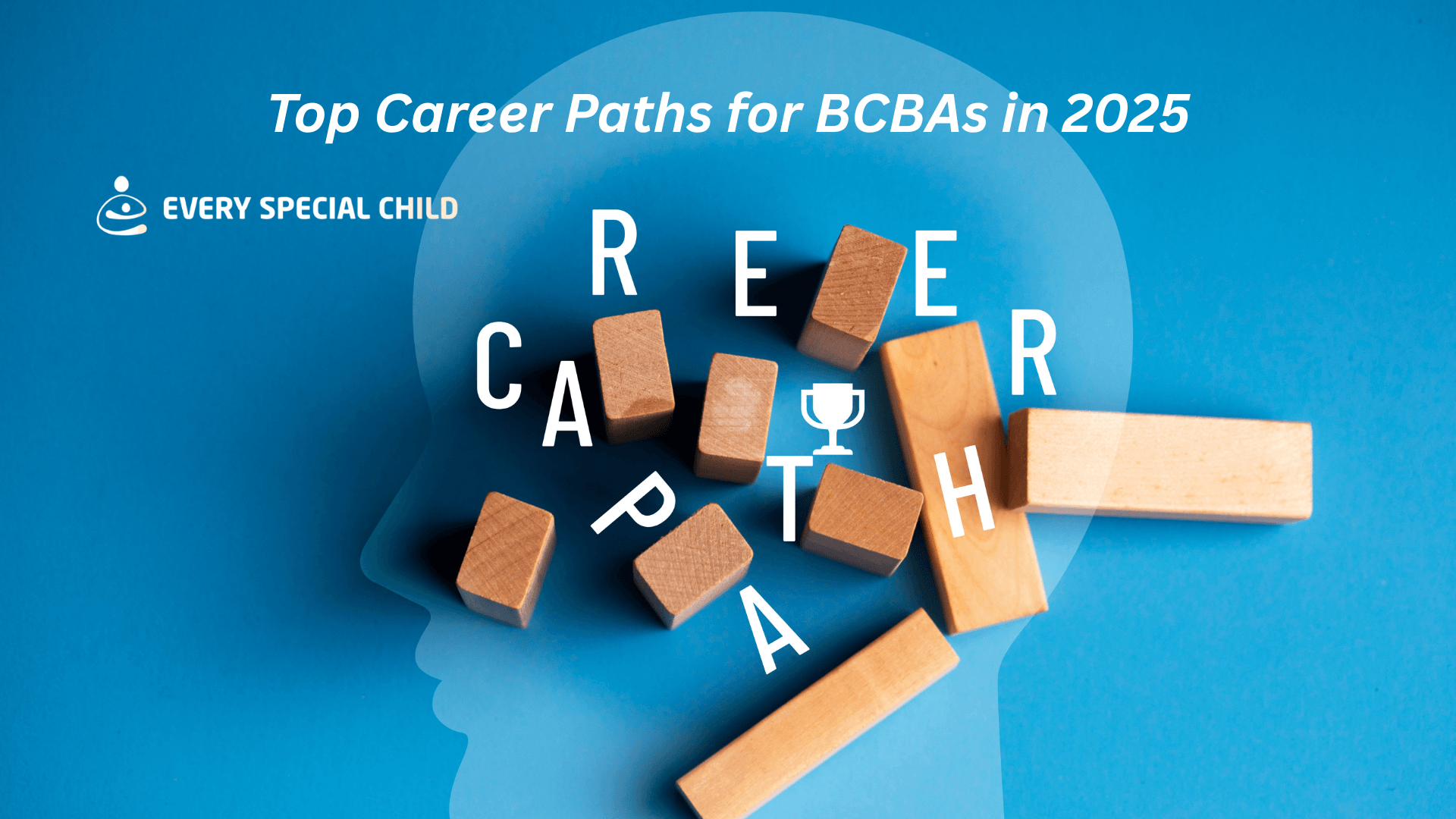
Top Career Paths for BCBAs in 2025 The field of behaviour analysis has been expanding rapidly, and Board Certified Behaviour Analysts (BCBAs) are at the forefront of this growth. As we move into 2025, understanding the most promising career paths is crucial for both new and seasoned professionals. Whether you’re just starting your journey or looking to pivot your career, the opportunities for BCBAs have never been broader. From clinical practice to corporate consulting, the scope is diverse and exciting. Apply Now.
A Top Career Paths for BCBAs in 2025, or Board Certified Behaviour Analyst, is a professional trained in behaviour analysis who designs and implements behavioural interventions. They work with individuals to improve socially significant behaviours, often focusing on children with autism, individuals with developmental disabilities, or people struggling with behavioural challenges. To become a BCBA, you typically need a master’s degree in behaviour analysis, psychology, or a related field, complete supervised fieldwork, and pass the BCBA certification exam. Read More Articles.
The demand for Top Career Paths for BCBAs in 2025 has skyrocketed due to increased awareness of behavioural interventions in education, healthcare, and mental health. Governments and private organisations are investing more in programmes requiring behaviour analysis expertise. Additionally, as autism diagnoses rise and mental health services expand, BCBAs are becoming indispensable in both public and private sectors. See More
Clinical practice remains one of the most common career paths for Top Career Paths for BCBAs in 2025.
Working in Private Therapy Clinics
Private clinics offer a structured environment for therapy sessions and provide opportunities to specialise in areas like autism or ADHD.
Hospital and Outpatient Settings
Top Career Paths for BCBAs in 2025 in hospitals focus on complex behavioural cases, often collaborating with psychiatrists, psychologists, and medical staff.
Pediatric Behavioral Therapy
Children are often the primary clients for Top Career Paths for BCBAs in 2025. Developing early interventions can dramatically improve long-term outcomes.
Special Education Support
Top Career Paths for BCBAs in 2025 in schools design individualised behaviour plans for students with special needs, ensuring they succeed academically and socially.
Behavior Intervention in K-12 Schools
They monitor behavioural progress, train teachers, and implement interventions to manage challenging behaviours effectively.
Collaboration with Teachers and Parents
Successful school-based Top Career Paths for BCBAs in 2025 foster a collaborative approach, helping families and educators work together to support students.
Importance of ASD Expertise
ASD remains a primary area of focus for behaviour analysts due to the high prevalence and complexity of treatment.
Job Roles Focused on Autism Therapy
Top Career Paths for BCBAs in 2025 may work in clinics, schools, or home-based programmes, offering specialised interventions to enhance social, communication, and adaptive skills.
Emerging Trends in ASD Treatment
Technology-assisted therapy, parent coaching, and telehealth interventions are rapidly transforming how BCBAs deliver care.
Applying Behavior Analysis in Business
Behavioural principles can optimise employee performance, enhance productivity, and improve workplace culture.
Training and Development Programs
BCBAs design training sessions to improve employee skills, motivation, and engagement.
Employee Performance and Productivity
From incentive programmes to behaviour-based management systems, BCBAs help companies maximise efficiency and satisfaction.
Growth of Online Behavioral Therapy
Telehealth is booming, allowing Top Career Paths for BCBAs in 2025 to reach clients in remote areas.
Benefits and Challenges of Remote Practice
While telehealth increases accessibility, it requires adapting techniques and maintaining engagement through digital platforms.
Tools and Platforms for Telehealth BCBAs
Video conferencing, digital behaviour tracking, and mobile apps are essential tools for remote practice.
Becoming a BCBA Researcher
Many Top Career Paths for BCBAs in 2025 contribute to evidence-based practice through research, advancing knowledge in behaviour analysis.
University Teaching Positions
BCBAs can teach future analysts, guiding students through coursework, practical experience, and certification preparation.
Contribution to Scientific Literature
Publishing research articles, case studies, and intervention outcomes strengthens the field and opens new career opportunities.
Private Consulting Opportunities
Top Career Paths for BCBAs in 2025 can offer expertise to schools, clinics, or families needing specialised guidance.
Organizational Behavior Consulting
Companies hire BCBAs to improve processes, employee behaviour, and overall organisational efficiency.
Community-Based Projects
Consulting projects may include public health initiatives, juvenile programmes, or nonprofit interventions.
Roles in Early Childhood Development
Top Career Paths for Top Career Paths for BCBAs in 2025 in 2025 work with toddlers and preschoolers to prevent or mitigate behavioural challenges.
Collaboration with Families
Parent training and guidance are essential to reinforce interventions outside structured sessions.
Impact on Long-Term Outcomes
Early intervention can lead to significant improvements in social, academic, and emotional functioning.
Working in Psychiatric and Mental Health Centers
BCBAs help patients manage challenging behaviours and develop coping strategies.
Addressing Complex Behavioral Disorders
They design interventions for individuals with co-occurring conditions, such as ADHD, anxiety, or trauma.
Multi-Disciplinary Team Collaboration
BCBAs work alongside psychologists, therapists, and social workers for holistic care.
Starting a Private Practice
BCBAs can open their own clinics, offering personalised services to clients.
Developing Behavioral Therapy Products or Apps
Entrepreneurial BCBAs create tools and platforms to improve therapy accessibility and effectiveness.
Building a Personal Brand as a BCBA
Social media, webinars, and workshops can help BCBAs establish a strong professional presence.
Average Salaries by Sector
Private clinics, schools, and corporate roles offer different pay scales, with private practice often being the most lucrative.
Long-Term Growth Projections
Demand for BCBAs is projected to increase steadily, ensuring job security and upward mobility.
Factors Influencing Pay
Experience, specialisation, location, and certifications significantly affect earning potential.
Essential Soft and Technical Skills
Communication, empathy, data analysis, and technology literacy are critical for modern BCBAs.
Lifelong Learning and Certification Updates
Continuous education keeps skills current and enhances career growth.
Networking and Professional Development
Professional associations, conferences, and mentorships expand opportunities and knowledge.